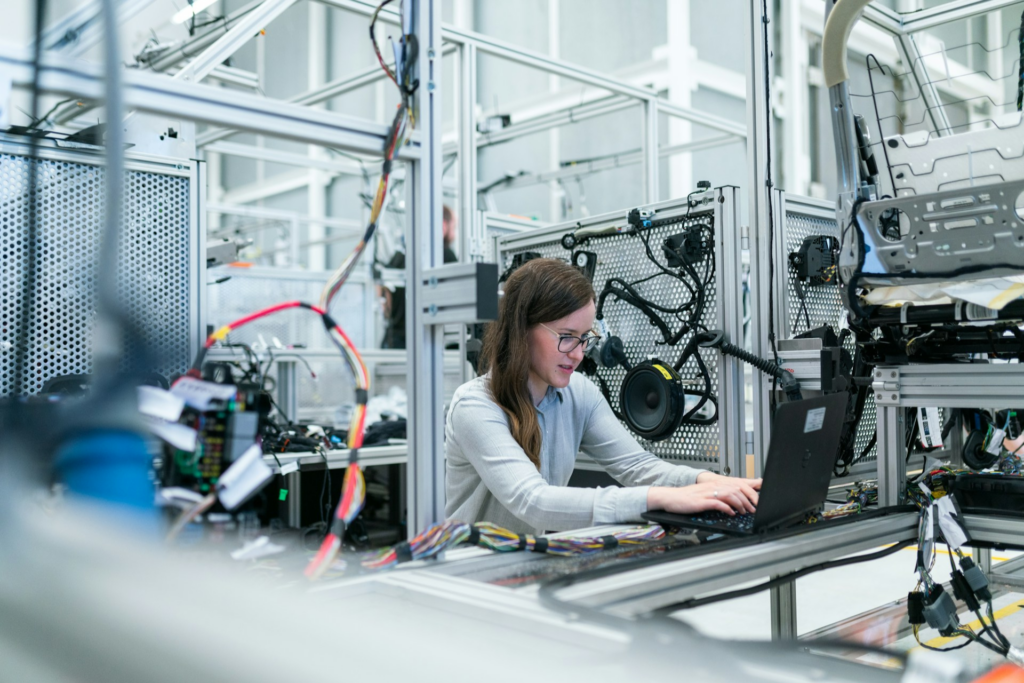In the rapidly evolving tech landscape, AI coding assistants are becoming indispensable tools for software development, particularly for startups. As AI technology improves, these tools are helping coders write, debug, and even generate entire programs based on simple natural language prompts. While this may sound like science fiction, it's quickly becoming a reality. Companies like GitHub Copilot, Cursor.AI, Replit, and Bubble are at the forefront of this trend, offering AI-driven solutions to streamline coding tasks.
These AI tools are already helping engineers and developers tackle a wide range of tasks. They are commonly used to assist with debugging and answering technical queries. But the next phase of AI coding could see agents writing entire programs independently, reducing the need for human engineers in some scenarios. This raises an important question: Will AI eventually replace human engineers?
Venture capitalists (VCs) are beginning to explore the potential of AI-driven coding for startups, especially those at the seed stage. Corinne Riley, partner at Greylock, believes that in the near future, companies could hire fewer human engineers and instead manage AI agents that handle the coding. "It’s not pie in the sky. It’s in the near future, but it’s not today," Riley said during a TechCrunch Disrupt event.
However, Riley also cautioned that at the seed stage of a startup, human engineers should still play a pivotal role. The early stage of a company is crucial for building the foundation, and key engineering decisions need to be made by humans rather than AI agents. This is a time for thoughtful trade-offs, not rushed decisions driven by cost-saving pressures.
On the other hand, Elizabeth Yin, co-founder and general partner of Hustle Fund, sees AI coding assistants as an invaluable tool for early-stage startups. Yin emphasizes that at this stage, startups often face uncertainty about their product-market fit and customer needs. "The faster you can go and the faster you can iterate, the better in order to learn quickly," Yin said. AI tools can help startups rapidly create prototypes and test ideas, even if those early iterations will need to be refined later.
Yin advocates for using AI coding tools to accelerate the learning process, especially when testing new concepts. "I would actually be a proponent of that if it means you can learn that much faster," she added. The ability to quickly pivot and try new things is a key advantage for startups in their early stages.
Renata Quintini, co-founder of Renegade Partners, echoes this sentiment. According to Quintini, when startups are trying to discover product-market fit, AI coding tools can provide a valuable advantage. "If it’s about discovering product-market fit or testing out, you should use that leverage," she said. While optimization may not be a priority in the early stages, leveraging AI for speed and flexibility can help startups move faster and make more informed decisions.
Looking ahead, as more startups adopt AI-powered development tools, we could be witnessing the beginning of a new workforce dynamic. It’s possible that the first employees to work alongside AI agents as co-workers will be the very coders who developed the AI systems themselves. This marks a shift in how startups will approach development, combining human ingenuity with the speed and efficiency of AI.
TECHCRUNCH
Read More






 Saturday, 28-02-26
Saturday, 28-02-26







